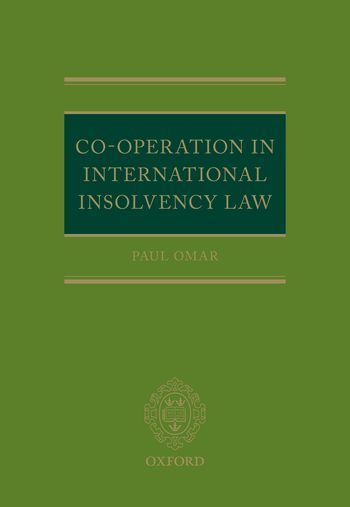
This book analyses the role of the common law in shaping the field of cooperation in insolvency and its relationship with international instruments such as the UNCITRAL Model Law. It provides a succinct summary of the development of case law on the subject and demonstrates the emergence of the co-operation and assistance provisions, and interprets the international provisions descended from it.
In providing this analysis, the author draws out examples of relevant case law from Australia, New Zealand, Canada, South Africa, and the United Kingdom as well as Malaysia, Singapore, and Jersey and states where the law is still in embryonic form, such as India. The book also includes consideration of US cases and US-style cooperation. It discusses the participation of many of these nations in the development of the UNCITRAL initiative, as well as the relationship of the cooperation provision to other texts, such as the UNCITRAL Model Law and the Recast European Insolvency Regulation. Finally, it highlights the continuing role of the common law in interpreting the texts as well as providing a parallel method for recognition and enforcement in the absence of any governing cross-border framework.
This is an invaluable guide for practitioners, academics and judges who are interested in cross-border insolvency law as it currently stands and its ongoing development.